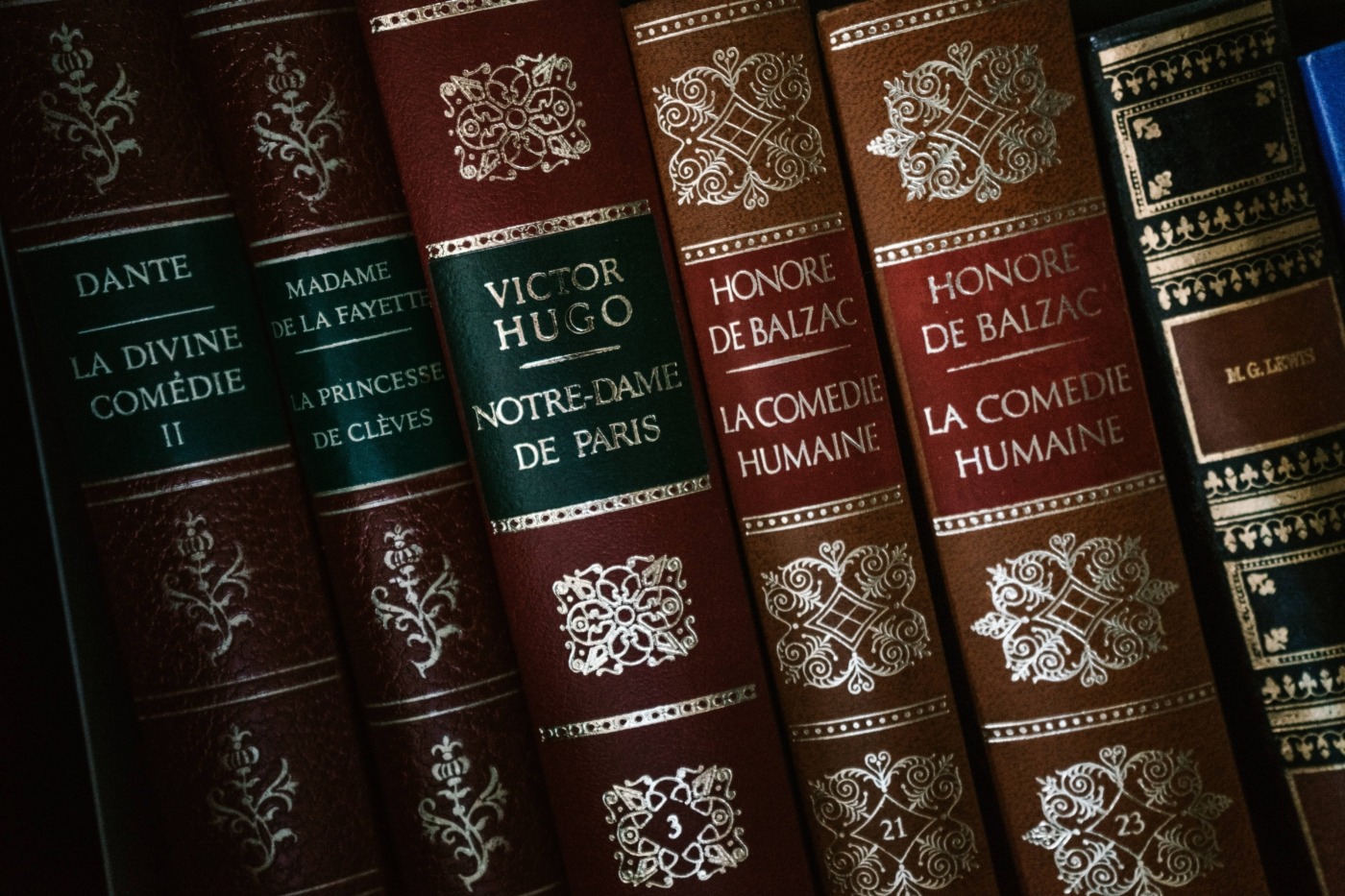Reading diversely: it’s time to explore beyond the anglophone bubble
Diversifying our reading can take many forms: choosing works by authors of colour, female authors or those from underprivileged backgrounds. One thing that doesn’t enter the equation that often is looking at non-Western books, yet there’s a world out there full of diverse and interesting literature. Engaging with global literature, extending our reading beyond UK and US shores, seems to me a fantastic way of exploring the world and other cultures – so how should we do it?
When I was little, I was a voracious reader of crime and horror fiction, stripping the local library shelves of literature, and it’s only on reflection that I released how much was from non-anglophone countries. My main diet was Agatha Christie, but I interspersed the books with many foreign authors – Leroux’s The Mystery of the Yellow Room, the Maigret series by Georges Simenon, the Arsène Lupin tales of Maurice Leblanc. I didn’t discriminate – if it was on the crime shelf and it looked interesting, I’d give it a go.
Reading foreign books gives us another frame of reference, a window onto another culture and its history, and it does so in an authentic voice that can never truly be echoed
I had no idea that I was experiencing books from around the world (although, as it transpired, always tending towards France), but I’m glad I did – through literature, I had a sense of the wider world before I even realized. We certainly didn’t have the money to travel when I was young, so books were my window into other countries.
As a day job, I teach French culture here at Warwick, and one of the things we look at is French literature. Reading non-anglophone texts is fascinating for a number of reasons, and you develop a distinct sense of how different cultures write differently. Reading foreign books gives us another frame of reference, a window onto another culture and its history, and it does so in an authentic voice that can never truly be echoed. I read Crime and Punishment a few summers ago, and the way it is told is unlike any other book I’ve read. The text of every culture feels different, coming with its own unique and distinct cultural landmarks and style, and digging in lets you experience another country and history.
The issue will not be finding non-anglophone works, but rather trying to narrow them down
One of the common worries about reading non-anglophone books is, of course, whether you actually can. There is a certain pleasure in enjoying a book in its original language – to read the author’s original words as they were put to paper. Now, although many of us lack the language skills to do this (many in this country only have English to fall on, but another language or even a third only expands your horizons so far), that shouldn’t be an obstacle – we’re lucky to live in a global world, where many texts (from the classics to modern comic books) are translated. No matter how obscure the text, odds are, it’s available in a language you know.
So, if you want to explore literature from other countries, how should you do it? You’ll likely know some big-name classics, so you could start there – if you want French literature, try Victor Hugo, or explore German books with Franz Kafka. Whenever the bookshops finally open, head in and ask for advice and recommendations – there will likely be a world literature section, and the staff could help you out with further suggestions. And, of course, there’s our old friend Google – searching ‘best books from whatever country you want’ is bound to produce some interesting results. The issue will not be finding non-anglophone works, but rather trying to narrow them down.
I’m not writing this article with the expectation that you’re going to run out, find the most obscure foreign text you can think of and dig in (although, if you do, let me know). But there’s a wealth of literary material outside of the UK and the USA, and all you need to do is look. At the moment, as travel looks increasingly uncertain, books may be our best window to the wider world – so read widely, and enjoy!

Comments